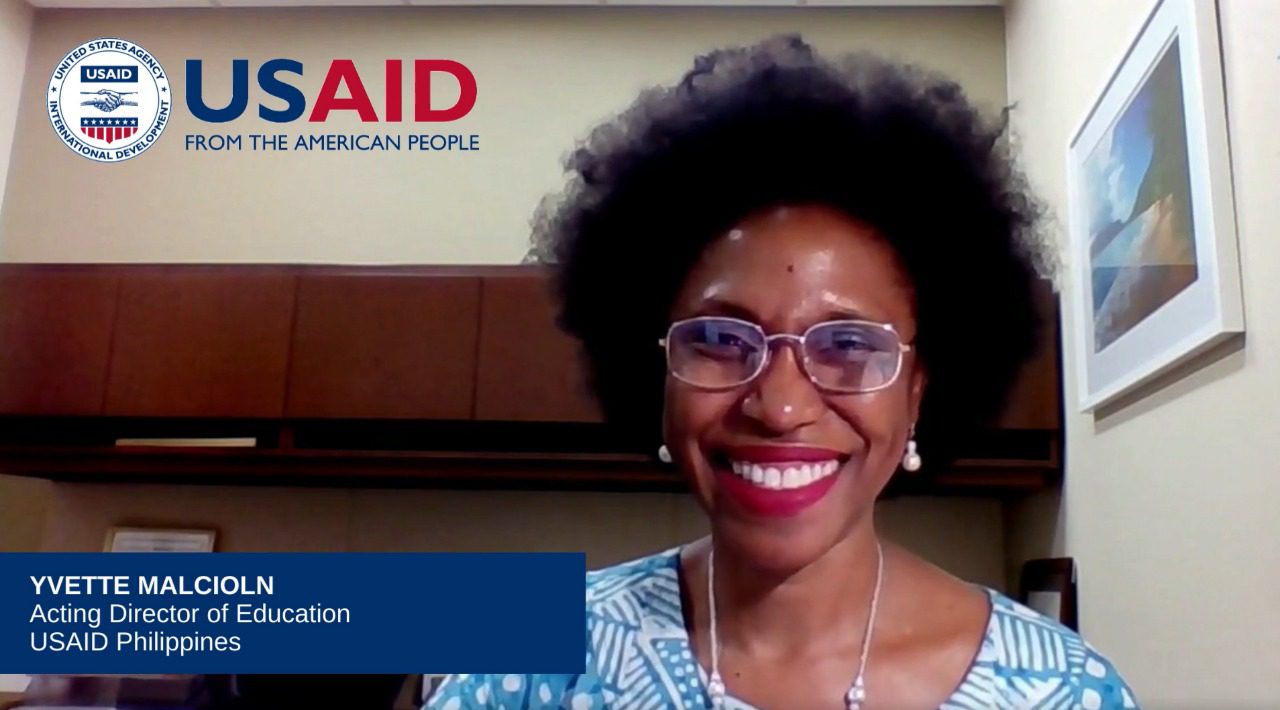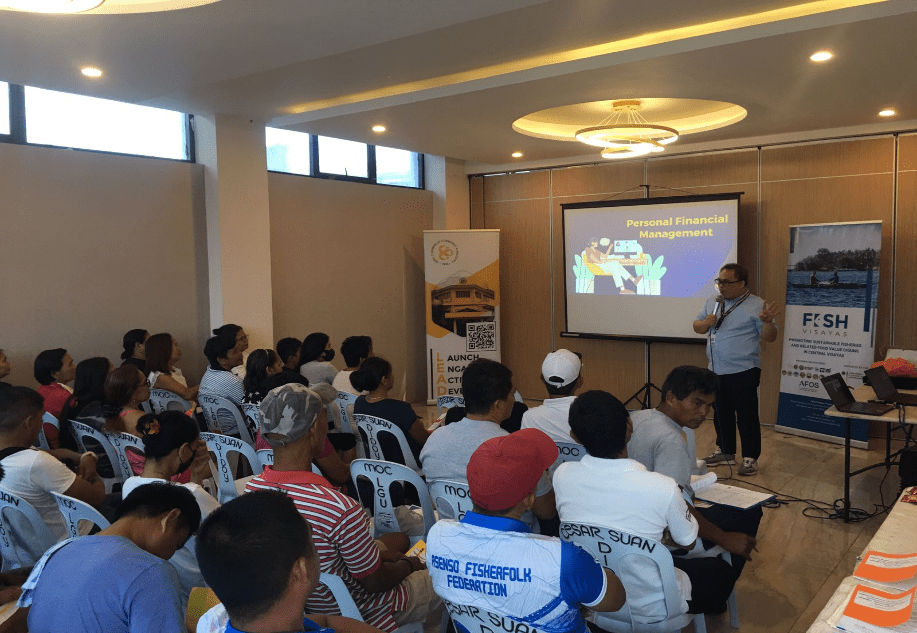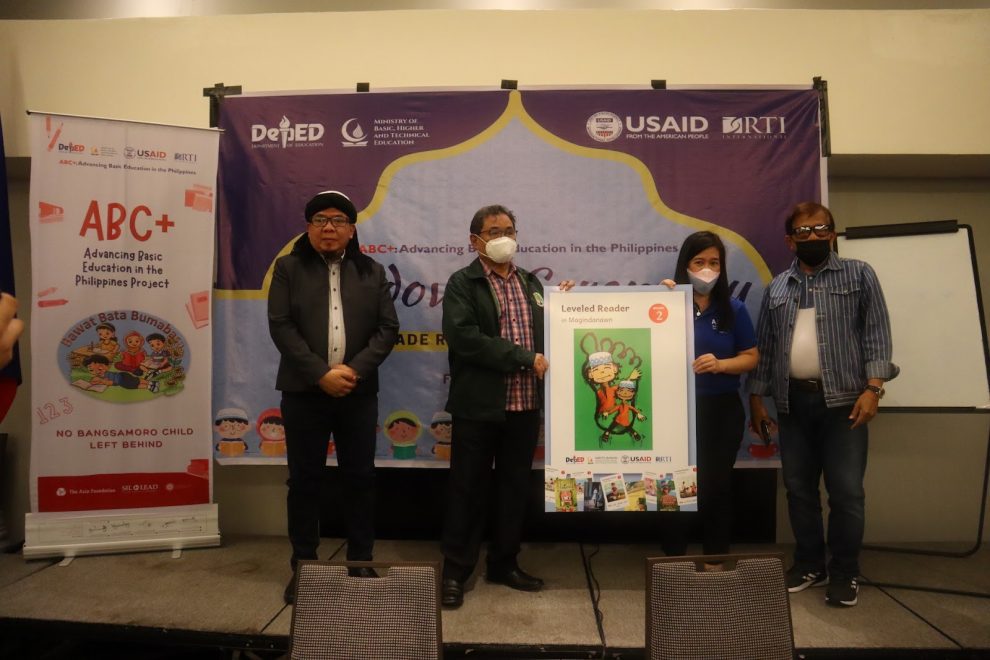MINERVA BC NEWMAN
CEBU CITY — The U.S. government, through the United States Agency for International Development (USAID) handed over nearly Php10 million worth of early grade reading materials in the Magindanawn language to the Ministry of Basic, Higher, and Technical Education (MBHTE) for the province of Maguindanao, Cotabato City and special geographic areas in the province of Cotabato.
“As education systems continue to rebuild amid the COVID-19 pandemic, USAID will continue working with partners to mitigate learning losses, equip educators and institutions to be more resilient and adaptive to the current situation, and ensure children have continuous access to quality education,” USAID Philippines Acting Office Director for Education Yvette Malcioln said at the handover event in Davao City on February 10.
The materials benefit nearly 100,000 children from Kindergarten to Grade 3 and more than 2,000 teachers in the region. The digital versions of these materials will also be uploaded to the Department of Education’s (DepEd) online portal so Magindanawn children all over the country can access them.
MBHTE minister Mohagher Iqbal is grateful of the partnership with USAID, RTI International, and DepEd that resulted in a successful undertaking to improve the children’s reading comprehension through specially-designed and quality-assured early grade books in Magindanawn.

USAID’s support to Magindanawn learners includes training 40 local Bangsamoro writers, illustrators, editors, and evaluators to develop early grade reading materials; developing and distributing 77 books in Magindanawn; and translating or adapting 45 titles into Magindanawn.
Through its ABC+: Advancing Basic Education in the Philippines project, USAID has distributed more than 9 million early grade reading materials, including books in various mother tongues, to over 600,000 students and 42,000 teachers.
In partnership with DepEd, the project aims to ensure young children in the Philippines will continue having access to quality education and learning, especially during the COVID-19 pandemic.












